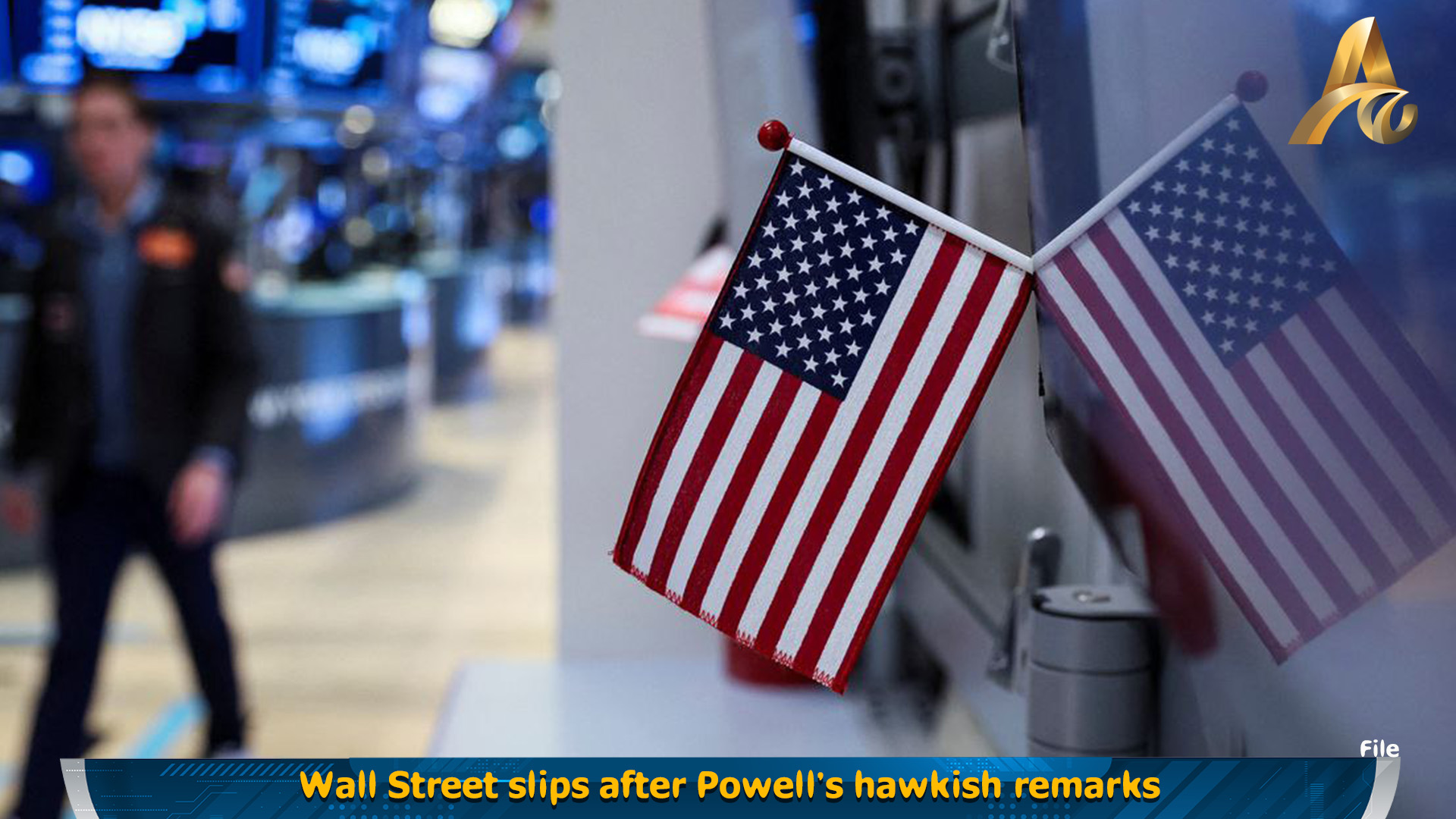INTERNATIONAL: Wall Street closed lower on Monday, with stocks extending their slide after U.S. Federal Reserve Chairman Jerome Powell hinted at a more aggressive tightening of monetary policy than previously anticipated, adding to uncertainties regarding the Russian invasion of Ukraine.
While all three major U.S. stock indexes ended well off session lows, they snapped four-session winning streaks on the heels of their biggest weekly percentage gains since early November 2020.
The central bank must move "expeditiously" to combat inflation, Powell told the National Association for Business Economics conference, adding that bigger-than-usual interest rate hikes could be deployed if needed.
"Much of the news today was telegraphed last week in (Powell's) comments," said Matthew Keator, managing partner in the Keator Group, a wealth management firm in Lenox, Massachusetts. "The difference is there was some question regarding whether a 50 basis-point rate hike might be a course of action sooner rather than later."
Fed funds futures now imply a 60.7% chance of a 50 basis-point hike in key interest rates at the Fed's next meeting in May, up from 52% before the text of Powell's speech was released.
"Some Fed governors have been vocal about front-end loading some of those hikes, putting them on the books sooner rather than later," Keator added. "But I don't think the markets should anticipate a series of 50 basis-point rate hikes between now and the end of the year."
Fighting raged on in Ukraine as efforts to negotiate an end to the conflict appeared to be making little progress.
Crude prices continued to surge as the European Union weighed joining the United States in banning Russian oil, which raised supply concerns and helped put energy shares (.SPNY) out front.
The Dow Jones Industrial Average (.DJI) fell 201.94 points, or 0.58%, to 34,552.99, the S&P 500 (.SPX) lost 1.94 points, or 0.04%, to 4,461.18 and the Nasdaq Composite (.IXIC) dropped 55.38 points, or 0.4%, to 13,838.46.
Six of the 11 major sectors in the S&P 500 ended the session in the red, with communication services (.SPLRCL) suffering the biggest percentage loss. The energy was the clear winner, gaining 3.8% on the day.
Shares of Boeing Co (BA.N) slid 3.6% after one of its 737-800 aircraft operated by China Eastern Airlines (600115. SS) crashed in southern China with no apparent survivors.
The rising geopolitical temperature helped defense stocks. Despite Boeing's decline, the S&P 500 Aerospace and Defense index (.SPLRCAED) rose 1.5%, with Lockheed Martin (LMT.N), Raytheon, Northrop Grumman (NOC.N), and General Dynamics advancing between 2.5% and 4.6%.
A Moscow court labeled Meta Platforms Inc (FB.O) an "extremist organization," upholding a decision to ban Facebook in Russia. Meta's shares dropped 2.3%.
Alleghany Corp (Y.N) surged 24.8% after Warren Buffett's Berkshire Hathaway Inc (BRKa.N) struck an $11.6 billion deal to buy the owner of reinsurer TransRe. read more
Shares of Nike Inc (NKE.N) rose more than 4% in after-hours trading after the company beat quarterly revenue estimates. read more
Declining issues outnumbered advancing ones on the NYSE by a 1.50-to-1 ratio; on Nasdaq, a 1.70-to-1 ratio favored decliners.
The S&P 500 posted 37 new 52-week highs and no new lows; the Nasdaq Composite recorded 52 new highs and 49 new lows.
Volume on U.S. exchanges was 12.82 billion shares, compared with the 14.65 billion average over the last 20 trading days.






















